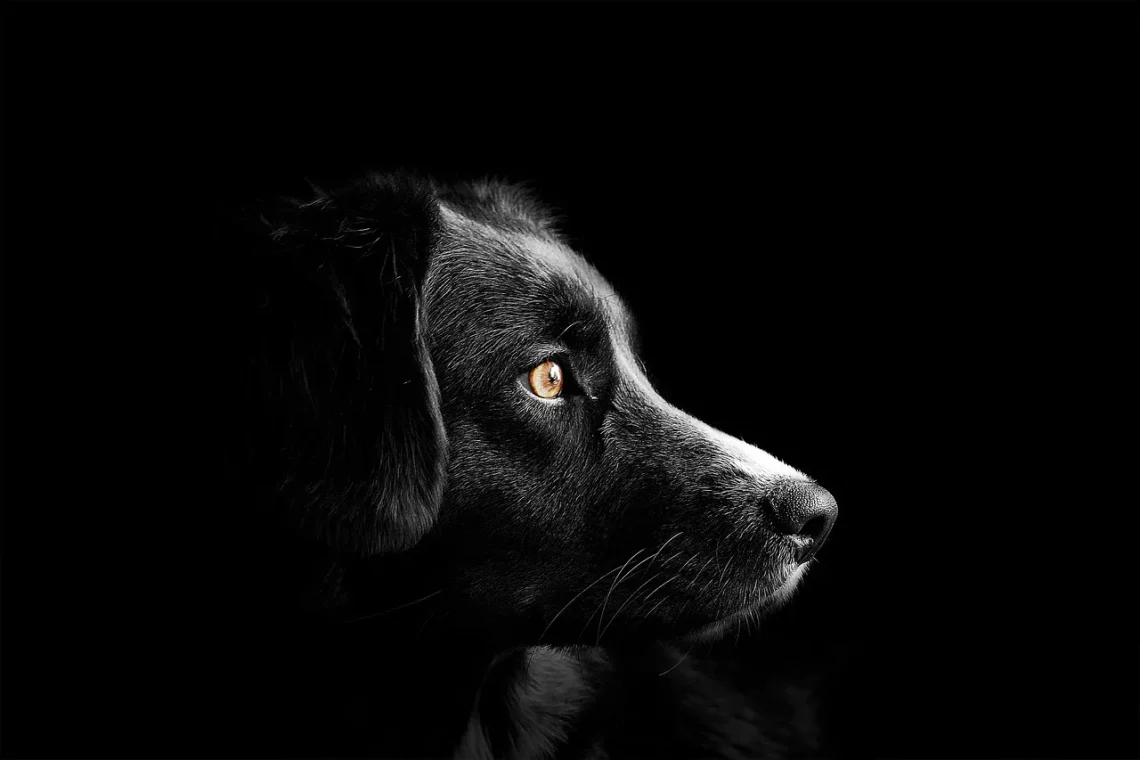
Understanding Boerboel Cost: What You Need to Know Before Buying
Understanding the costs associated with bringing a Boerboel into your home is an essential step for potential owners. This breed, known for its loyalty, strength, and protective nature, is both a cherished companion and a serious commitment. Before deciding to welcome a Boerboel into your family, it’s crucial to consider not just the purchase price but the overall financial responsibilities that come with owning such a dog.
The Boerboel, originally bred in South Africa, is known for its impressive physical attributes and temperament, making it a popular choice among dog enthusiasts. However, the financial investment can vary widely depending on several factors, including breeder reputation, location, and the dog’s lineage.
Understanding these costs can help prospective owners make informed decisions and ensure they are adequately prepared for the responsibilities of dog ownership. Analyzing the financial implications can also provide insight into the lifetime commitment of caring for a Boerboel, which goes far beyond the initial purchase price.
In this article, we will delve into the key factors that influence the cost of Boerboels, ensuring you have a comprehensive understanding before making this important decision.
Initial Purchase Price of a Boerboel
When considering the cost of a Boerboel, the initial purchase price is often the first figure that comes to mind. This price can vary significantly based on several factors, including the dog’s lineage, health certifications, and the breeder’s reputation.
Typically, Boerboel puppies can range from a few hundred to several thousand dollars. Puppies from well-established breeders who prioritize health testing and responsible breeding practices often come at a higher cost. These breeders invest in their dogs’ health, ensuring that the puppies are not only physically sound but also well-socialized and trained.
In contrast, those who opt for lower-priced puppies may unknowingly support unethical breeding practices. These puppies might come with hidden health issues, leading to higher long-term veterinary costs. Therefore, while the initial purchase price is important, prospective owners should also consider the quality of the breeding practices and the potential for future health-related expenses.
Additionally, some breeders may offer financing options or payment plans to make the purchase more manageable. It’s essential to communicate openly with breeders about any concerns regarding cost and payment options.
Moreover, adopting from a rescue organization can be a more budget-friendly alternative, although it may come with its own set of challenges, such as limited information about the dog’s background. Regardless of the route chosen, understanding and preparing for the initial purchase price is crucial for any potential Boerboel owner.
Ongoing Costs of Boerboel Ownership
Beyond the initial purchase price, there are numerous ongoing costs associated with owning a Boerboel that every prospective owner should take into account.
Food is one of the most significant ongoing expenses. Boerboels are large dogs, and their dietary needs reflect their size and activity levels. Quality dog food, specifically formulated for large breeds, can be more expensive than lower-quality options. Depending on the brand and dietary requirements, you might find yourself spending over a hundred dollars a month on food alone.
Routine veterinary care is another essential expense. Regular check-ups, vaccinations, and preventive medications can accumulate quickly. Boerboels are prone to certain health issues, including hip dysplasia and obesity, which may require additional veterinary attention over their lifetime. Budgeting for annual health screenings and unexpected medical emergencies is vital to ensure your dog receives the best care possible.
Grooming costs should also be factored into your budget. While Boerboels have short coats that require less grooming than some other breeds, they still benefit from regular baths and nail trims. Investing in professional grooming services or the proper tools for at-home care can help maintain your dog’s hygiene and health.
Additionally, consider the costs of training and socialization. Boerboels are intelligent and strong-willed, making early training essential. Investing in professional training classes can be beneficial, especially for first-time dog owners.
Finally, don’t forget about miscellaneous expenses, such as toys, bedding, and pet insurance. Planning for these ongoing costs ensures that you can provide a loving, supportive environment for your Boerboel throughout their life.
Health Considerations and Potential Costs
Health considerations play a significant role in the overall cost of owning a Boerboel. Like many large breeds, Boerboels are predisposed to certain health conditions that can lead to increased veterinary expenses.
Hip dysplasia is one of the most common conditions in Boerboels. This hereditary issue can lead to arthritis and mobility problems, often requiring medication or even surgery. Regular vet check-ups and preventive measures can help mitigate these risks, but it’s essential to budget for potential treatments if your dog develops these issues.
Another health concern for Boerboels is obesity. Due to their large size and tendency to gain weight, managing their diet and exercise routine is crucial. Obesity can lead to a range of health complications, including diabetes and heart disease, which can further increase veterinary costs.
Preventive care is vital for maintaining a Boerboel’s health. Regular vaccinations, flea and tick prevention, and dental care can prevent serious health issues down the line. Investing in pet insurance can also provide financial relief in case of unexpected health emergencies, but be sure to read the fine print regarding coverage and exclusions.
Moreover, as Boerboels age, they may require more frequent veterinary visits and specialized care. It’s essential to prepare for these potential costs as your dog grows older. Being proactive about your Boerboel’s health can help you manage expenses and ensure a long, healthy life for your furry friend.
Budgeting for a Boerboel: Tips and Strategies
Budgeting for a Boerboel requires careful planning and consideration of both initial and ongoing expenses. Here are some tips and strategies to help you effectively manage the financial commitment of dog ownership.
First, create a detailed budget that outlines all potential costs associated with owning a Boerboel. Include the initial purchase price, food, grooming, veterinary care, training, and miscellaneous expenses. This comprehensive overview will help you understand the financial commitment required.
Next, consider setting aside a separate savings account specifically for your dog’s expenses. This account can serve as a safety net for unexpected costs, such as emergency vet visits or necessary medications. Having this financial cushion will provide peace of mind and ensure that you can always provide the best care for your Boerboel.
It may also be beneficial to research and compare prices for pet supplies, food, and veterinary services in your area. Many local providers offer discounts or loyalty programs that can help you save money over time.
Additionally, consider joining online communities or forums for Boerboel owners. These groups often share tips on cost-saving strategies, recommend affordable products, and provide invaluable support for new owners.
Lastly, be prepared for the long-term financial commitment of owning a Boerboel. Understanding that the costs will continue throughout your dog’s life will help you plan accordingly and ensure that you can provide a loving and stable environment for your new companion.
In conclusion, owning a Boerboel is a rewarding but financially significant commitment. By understanding the various costs involved, prospective owners can make informed decisions and ensure they are well-prepared for the responsibilities of dog ownership.
**Disclaimer:** This article is not intended as medical advice. For any health concerns regarding your pet, consult with a qualified veterinarian.




